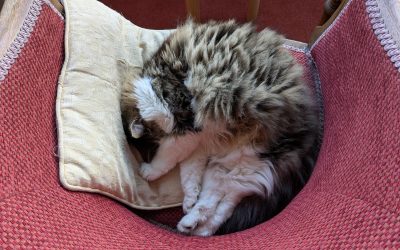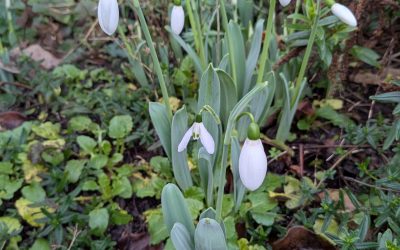 I spent the past couple of days popping in and out of the first round of the Concerto Class held each year by the Edinburgh Music Competition Festival. The Concerto Class is strictly for amateurs; those who get to the final are given the opportunity to play their concerto with full orchestra. The Concerto Class started in around 1965, and over the years has become so widely known that students (who count as amateurs) now come from all around the country to take part. The final concert with orchestra is a popular ticketed event, and amateur orchestral players strive to be in the orchestra to support the new generation of artists.
I spent the past couple of days popping in and out of the first round of the Concerto Class held each year by the Edinburgh Music Competition Festival. The Concerto Class is strictly for amateurs; those who get to the final are given the opportunity to play their concerto with full orchestra. The Concerto Class started in around 1965, and over the years has become so widely known that students (who count as amateurs) now come from all around the country to take part. The final concert with orchestra is a popular ticketed event, and amateur orchestral players strive to be in the orchestra to support the new generation of artists.
As one young pianist said to me on Saturday, most musicians don’t learn many concertos during their life, and the ones they do learn take so much effort and time that ‘they become almost part of one’s DNA’. I thought this was a good description of how it feels to have spent so much time thinking about, practising, living with and mastering a really challenging piece of music.
Over the course of a couple of days we heard piano concertos, violin concertos, cello concertos, horn concertos and saxophone concertos. Piano and violin concertos dominated, as usual, I guess because there are so many splendid concertos for those instruments. It seemed as if one talented person after another stood up to play their concerto, with a pianist playing the orchestral part on a second grand piano. Most of the competitors were of college age, but there were several younger ones, sometimes substantially younger, whose level of attainment seemed almost uncanny.
Admittedly, there were not many people listening, which was vexing because the display of achievement deserved a huge audience. The dedication of the young musicians was crystal clear. When people complain about the work ethic of the young, they clearly haven’t met this lot.
Audrey Innes, the respected Edinburgh piano teacher who set up the competition and in whose name the trophy is awarded, was in the audience. When we were waiting for the adjudication, I said to her that I didn’t envy the adjudicators the task of selecting just four finalists. Audrey commented sagely that they could hardly make a mistake because everyone was of a high level, so whoever they chose would be worthy of a place in the final. What a great position to be in!




It is so good to read about Audrey Ines .
I live in Dublin . I had lessons with Audrey Innes while in Edinburgh in 1970-71 and played a movement of a Mozart Concerto in the competition set up by her .
Her teaching has stayed with me in my career as teacher performer and conductor .
Thank you Audrey!
Thank you Sandra for your warm recollections of this highly-regarded Edinburgh piano teacher.
Audrey Innes was, nay: is, the greatest mentor of my life.
She was my teacher (1989-92) yes – but that word is too small.
Audrey Innes shaped me in ways I’m still discovering,
nearly five decades into my life at the piano.
She taught with precision, but never pedantry.
She listened with a kind of attention that made you want to rise – not to impress her,
but to honour what she saw in you.
And in those rooms, those halcyon days, those pieces,
she taught me how to hear myself.
We even studied Tai Chi together – Audrey, Nigel Murray, and me.
Moving slowly, we learned stillness.
Balancing, we learned grace.
She understood, long before I did,
that the body, like music, remembers what matters.
Audrey Innes gave me far more than mere instructions.
She gave me an ethic, a shape, a sound.
Her influence lives in my playing still,
quietly, patiently – like her.
Thank you for highlighting her important contribution to the musical life of generations in Edinburgh.
Thank you, Alan, for this warm and thoughtful tribute to Audrey Innes as an important mentor. I’m sorry I never experienced her as a teacher.